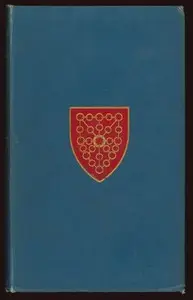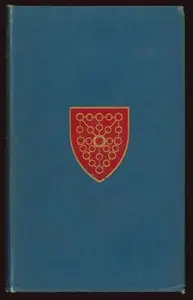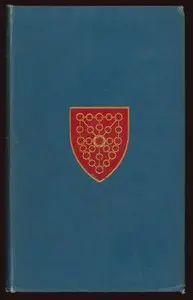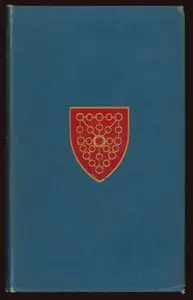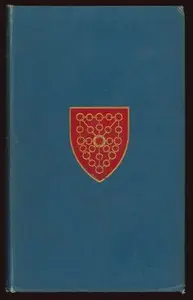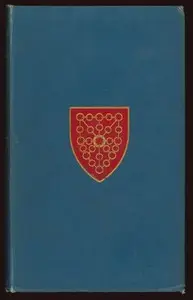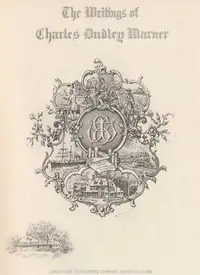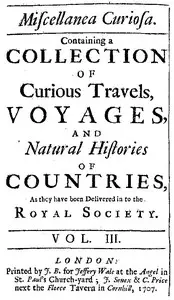"Index of the Project Gutenberg Works of Marguerite, Queen of Navarre" by Marguerite is a compilation of her literary contributions, specifically focusing on "The Tales of the Heptameron," a collection of stories written during the early 16th century. This book is notable for its engaging narratives that blend themes of love, betrayal, and morality, reflective of the Renaissance period. It serves as a rich exploration of human experiences through the lens of various characters and their intertwined fates. The content of "The Tales of the Heptameron" features a series of interconnected tales told by several narrators, each story delving into the complexities of love, infidelity, and societal norms of the time. Each tale reveals the consequences of the characters' actions, often culminating in unintended results, whether it be tragic, humorous, or thought-provoking. The stories showcase a range of human emotions and ethical dilemmas, illustrating the multifaceted nature of relationships and moral choices, making the collection a poignant reflection on the human condition. (This is an automatically generated summary.)
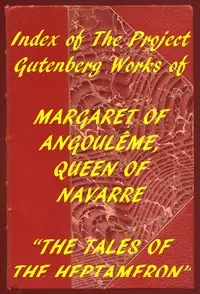
Index of the Project Gutenberg Works of Marguerite, Queen of Navarre
By Queen Marguerite
"Index of the Project Gutenberg Works of Marguerite, Queen of Navarre" by Marguerite is a compilation of her literary contributions, specifically focu...
Marguerite de Navarre, also known as Marguerite of Angoulême and Margaret of Navarre, was a princess of France, Duchess of Alençon and Berry, and Queen of Navarre by her second marriage to King Henry II of Navarre. Her brother became King of France, as Francis I, and the two siblings were responsible for the celebrated intellectual and cultural court and salons of their day in France. Marguerite is the ancestress of the Bourbon kings of France, being the mother of Jeanne d'Albret, whose son, Henry of Navarre, succeeded as Henry IV of France, the first Bourbon king. As an author and a patron of humanists and reformers, she was an outstanding figure of the French Renaissance. Samuel Putnam called her "The First Modern Woman".

